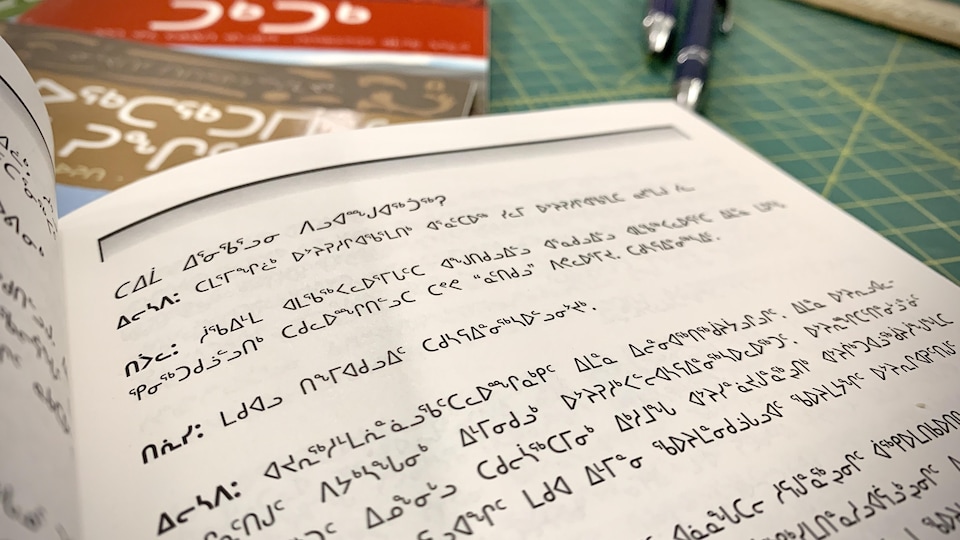The Nunavut Government wants a judge to dismiss the Inuktut education lawsuit brought by the Inuit territorial organization Nunavut Tunngavik Incorporated (NTI).
In October, NTI filed a lawsuit against the territorial government accusing it of violating the equality rights of Inuit youth, protected by the Canadian Charter of Rights and Freedoms and the continue systematic discrimination by not giving them education in their own language, even if they are in the majority.
Inuktut is the term used to designate the Inuit language, which includes several dialects in Nunavut. The most commonly spoken are Inuktitut and Inuinnaqtun.
On April 4, the government filed a motion with the Nunavut Court of Justice to dismiss the case, arguing that it was the basis for the challenge. NTIbased on section 15 of the Canadian Charter of Rights and Freedoms, is incorrect.
The government said the agency uses section 15, which discusses the right to equality before the law, in to expand education and language rights set out elsewhere in the Charter.
Linguistic rights, in particular rights relating to the language of instruction, are not covered by the application of Article 15 of the Charter and are not protected by it.said the motion.
Constitutional authority over the education, preservation, use and promotion of Inuit languages is within the jurisdiction of the Legislative Assembly of Nunavut.indicates movement.
An inappropriate education system, according to the NTI
The territorial government’s request to dismiss the lawsuit had the effect of a severe blow for the president of NTIAluki Kotierk, seen in this gesture a colonial approach.
Inuit children have to let go of who they are when they enter the education systemhe argued. They must speak English and be fluent in a school curriculum that is not based on their culture.
According to Aluki Kotierk, these young people are being pushed to the limit of a system that does not meet their needs.
He claimed that the territorial government had misinterpreted the Charter and that the Legislative Assembly had the duty and responsibility to provide services and programs that meet the needs of the public who are mostly Inuit.
Points of contention
NTI asks the Nunavut Court of Justice to intervene by urging the territorial government to teach various subjects in Inutktut, at all school levels, for five years following the conclusion of the trial.
Currently, Inuktut education is primarily only available before the 4that years with programs in English or French for subsequent years.
The Inuit language has been losing ground to English in recent years. To counter this trend, the Education Act of 2008 is to introduce, from 2019, a fully bilingual school path from kindergarten to 12at years, but the territorial government failed to achieve this goal.
In the fall of 2020, the Legislative Assembly simply passed Bill 25, to amend this Education Act and the Inuit Language Protection Act to push part of its 20-year goal. Under this law, the government has promised to offer Inuktut classes at all levels by 2039.
According to the NTI, Bill 25 harms Inuit students by causing them to lose control of their language and culture and by destroying their ability to reach their educational potential.
The organization is waiting for the Nunavut Court of Justice to position itself on the next steps.
With information from Liny Lamberink
Source: Radio-Canada

